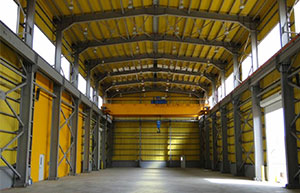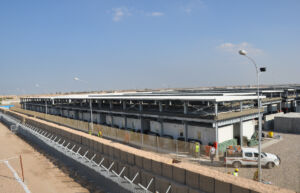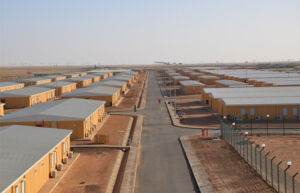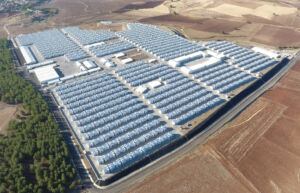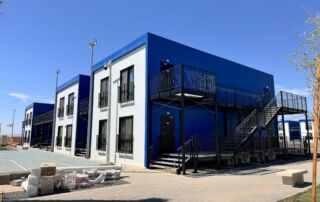The Future of Prefabricated Construction: Efficiency, Sustainability, and Innovation
The construction industry is undergoing a major transformation with the rise of prefabricated construction. This modern building approach is revolutionizing traditional methods by enhancing efficiency, reducing costs, and promoting sustainability. As urbanization accelerates, prefabrication is emerging as a vital solution for residential, commercial, and industrial developments. This article delves into the advantages of prefabricated construction and its growing impact on the sector.
Understanding Prefabricated Construction
Prefabricated construction involves producing structural components in a controlled factory setting before assembling them on-site. This method ensures superior quality, minimizes material waste, and accelerates project completion compared to conventional construction techniques.
Key Benefits of Prefabricated Construction
1. Faster Project Completion
By enabling concurrent on-site preparation and off-site component production, prefabrication drastically reduces construction timelines. This efficiency is particularly advantageous for large-scale infrastructure projects and emergency housing initiatives.
2. Cost Savings
Prefabrication minimizes waste and optimizes resource use, resulting in lower construction costs. Additionally, factory-controlled conditions prevent weather-related delays, further reducing expenses.
3. Eco-Friendly and Sustainable
This construction method significantly reduces environmental impact by lowering material waste and energy consumption. Many prefabricated buildings incorporate green materials and energy-efficient designs, contributing to sustainable development.
4. Superior Quality Assurance
Factory-controlled manufacturing processes ensure that each component meets stringent quality standards. This minimizes the chances of structural defects and enhances durability, leading to safer and more reliable buildings.
5. Versatility and Customization
Prefabricated structures can be tailored to meet specific project requirements. Their modular nature allows for seamless expansion and adaptation, making them a flexible solution for various applications.
Applications of Prefabricated Construction
Prefabrication is widely utilized across different sectors, including:
- Residential Housing – Modular homes, multi-family dwellings, and smart housing solutions.
- Commercial Infrastructure – Office buildings, retail spaces, and hospitality projects.
- Industrial Complexes – Factories, warehouses, and logistics centers.
- Public Infrastructure – Schools, hospitals, and temporary shelters.
Dorce Prefabricated: Leading the Way in Modular Construction
Dorce Prefabricated stands at the forefront of the prefabrication industry, offering innovative and high-quality modular solutions worldwide. With extensive experience in engineering, design, and project execution, Dorce ensures that each construction project meets the highest standards. By leveraging cutting-edge technology and sustainable practices, the company continues to set new benchmarks in the industry.
